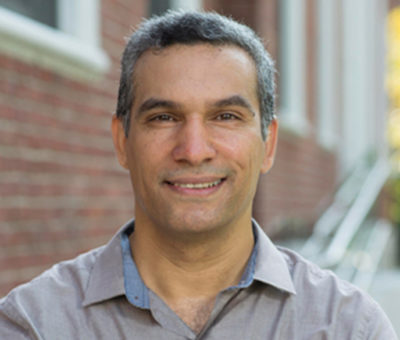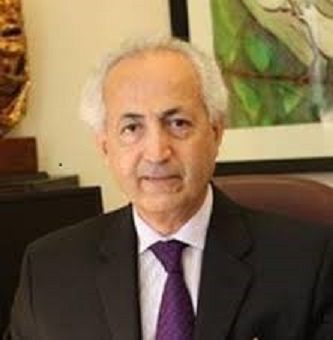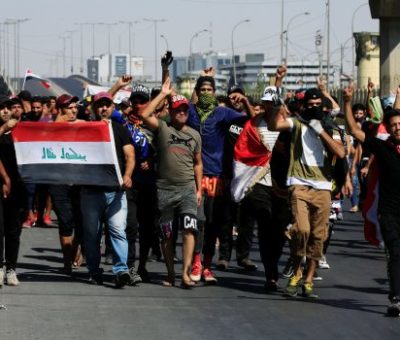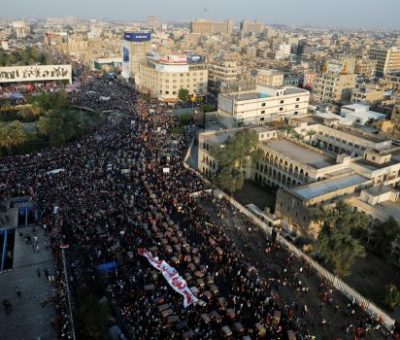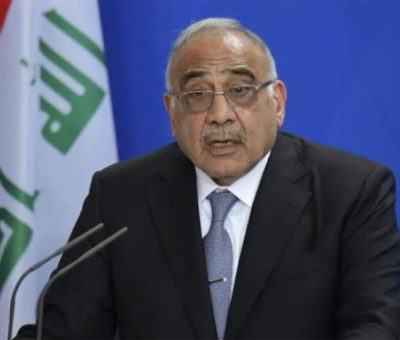The recent wave of protests in Iraq has been geographically concentrated in Shia regions, not yet spreading in any substantial way to Sunni or Kurdish provinces. But this is not a Shia revolt, and any attempt to impose a sectarian framing on it fails to understand the underlying drivers. Shia symbols have not occupied a central place in the demonstrators’ slogans, and Shia c
Read MoreIn Washington, some believe that despite the protests in Iraq that began in early October and continue apace, the current Iraqi government should be supported and given help as it responds to the just demands of the protesters. The reasons given range from: “What is the alternative? The devil you know is better than the devil you don’t” to “This is the constitutionally elected
Read MoreThe defining feature of the protests in Baghdad which started on October 1 and spread to other cities in southern Iraq is that they were neither led nor called for by a religious authority (also known as the marja’iya) or another leader. When the first wave of protests began in multiple cities, the protesters’ message was clear: they did not accept any religious or political le
Read MoreProtests in Iraq are not new. At several times during the past few years, the Iraqi people have taken to the streets against corruption, unemployment, and poor public services. Every time, the government promises reforms, and as soon as the protests end, these promises are forgotten. On October 1, thousands of Iraqi people began protesting and demanding better living conditions
Read MoreAbbas Kadhim is the Director of the Iraq Initiative at the Atlantic Council. “In his address to the Iraqi people on October 31, President Barham Salih referred to Prime Minister Adil Abdul-Mahdi’s offer to resign if the two major parliamentary blocs (Sairoon and Fatah) that made a deal to nominate him for the post can agree on a replacement. Abdul-Mahdi was respond
Read More

